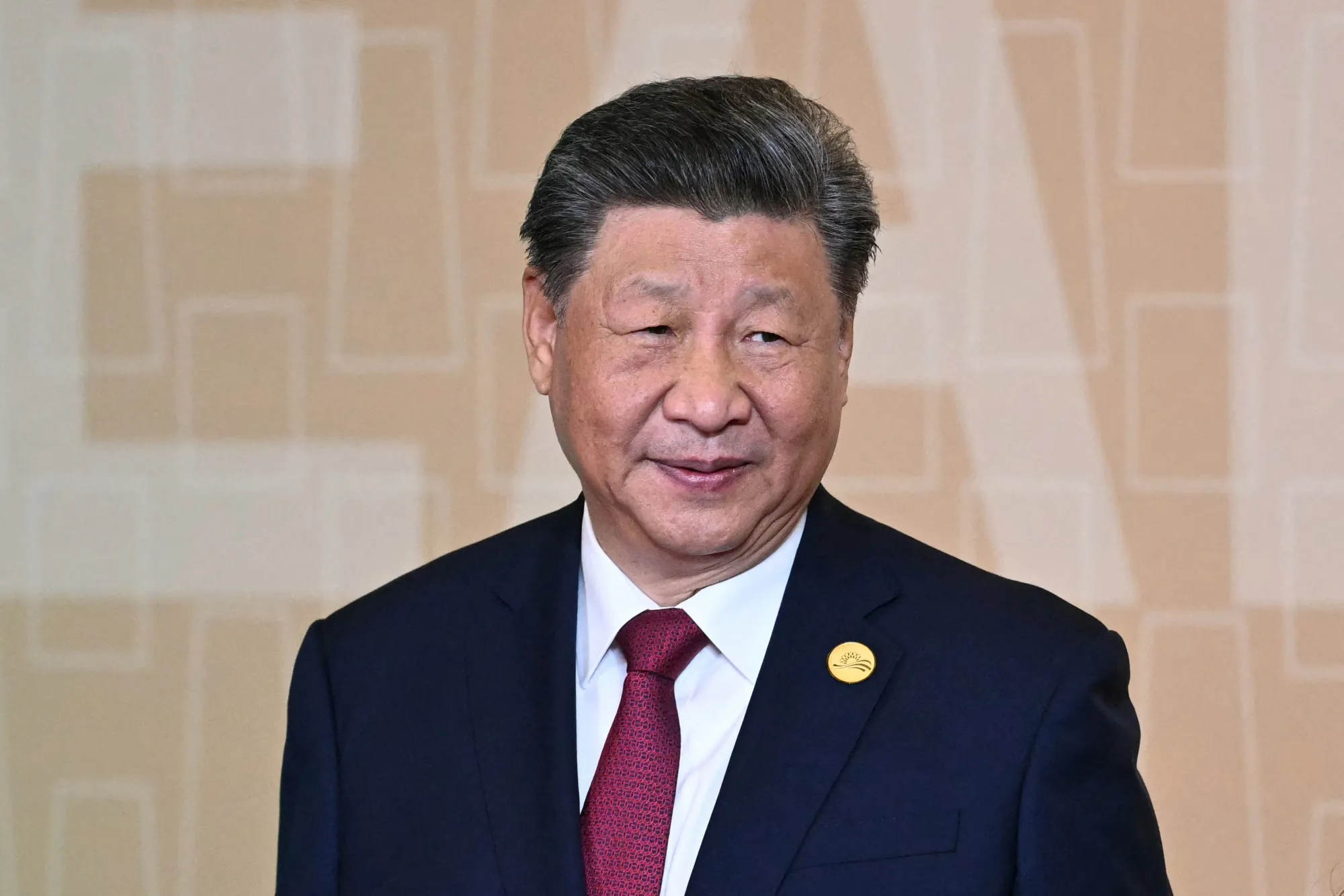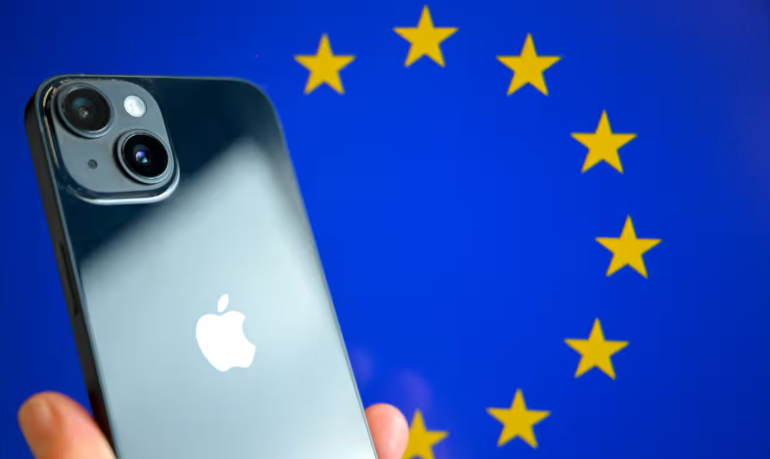The European Court of Justice (ECJ) has upheld the European Commission’s decision that Apple must repay €13 billion in back taxes, marking a significant victory for EU competition regulations.
The court’s ruling overturns a previous decision by a lower court that had reversed the Commission’s 2016 finding that Ireland’s tax arrangements with Apple constituted illegal state aid. The ECJ stated that Ireland had provided Apple with unlawful tax benefits, which must now be recovered.
This ruling is a notable win for Margrethe Vestager, the EU’s competition commissioner, who has spearheaded efforts to address perceived tax avoidance by multinational corporations. The case against Apple was part of a broader investigation into favorable tax practices offered by countries like Ireland and Luxembourg to attract multinational firms’ European headquarters.
The dispute centers on how Apple’s Irish subsidiaries were taxed on profits from intellectual property licenses. The General Court had previously sided with Apple in 2020, ruling that the Commission did not adequately prove that Apple received a selective tax advantage. However, the ECJ has now confirmed that the Commission’s 2016 decision was correct.
Apple, which has maintained its European headquarters in Ireland since 1980, contends that it has paid all taxes due under international law. The company argues that the case is about which government is entitled to the tax revenues, as it claims its income has already been taxed in the US Apple also asserts that it has not received any special tax deals from Ireland.
The case reflects ongoing tensions between the EU and major US tech companies over tax practices. It comes amidst other legal and regulatory challenges for Apple in the EU, including fines and investigations related to its app store practices and digital competition rules.
The ECJ’s decision marks the end of a protracted legal battle that began with the European Commission’s 2016 ruling and follows a series of legal and political confrontations between Apple and EU regulators.
With input from Politico, Time, the Guardian, and BBC.









